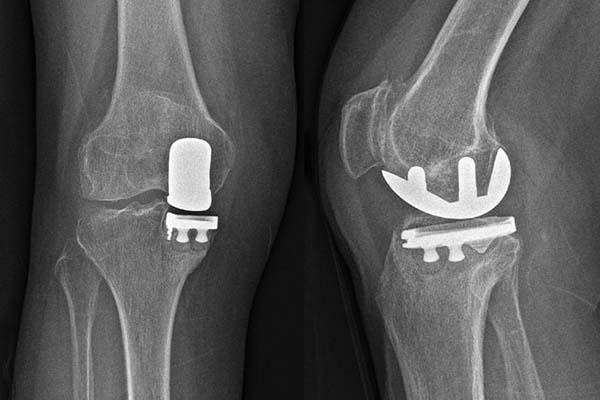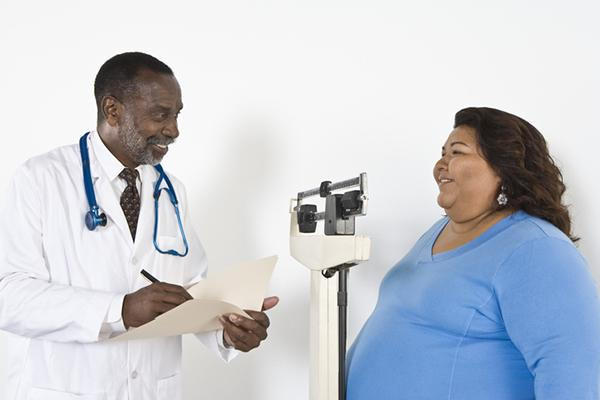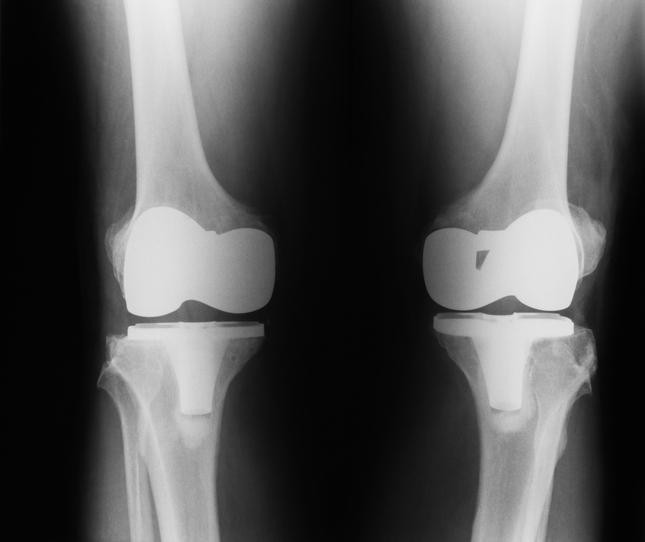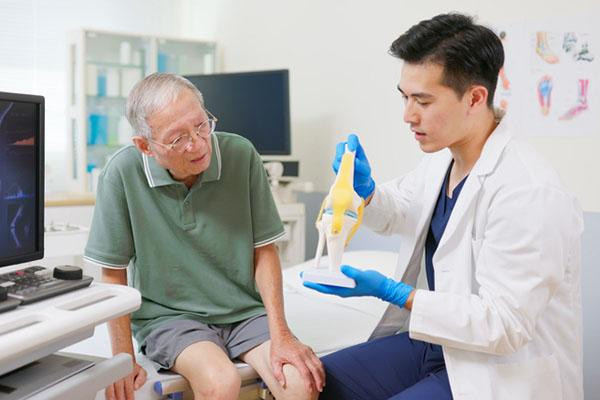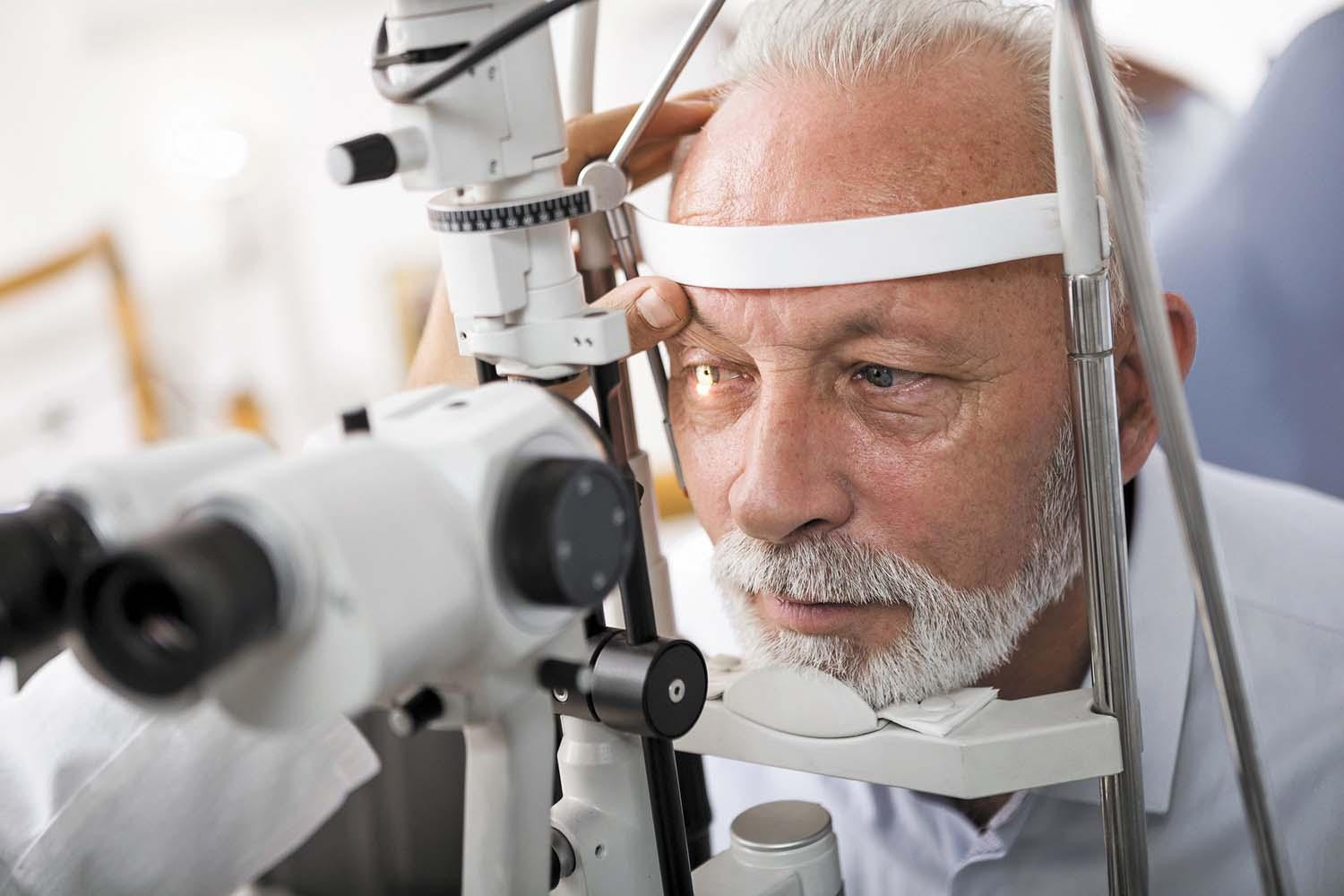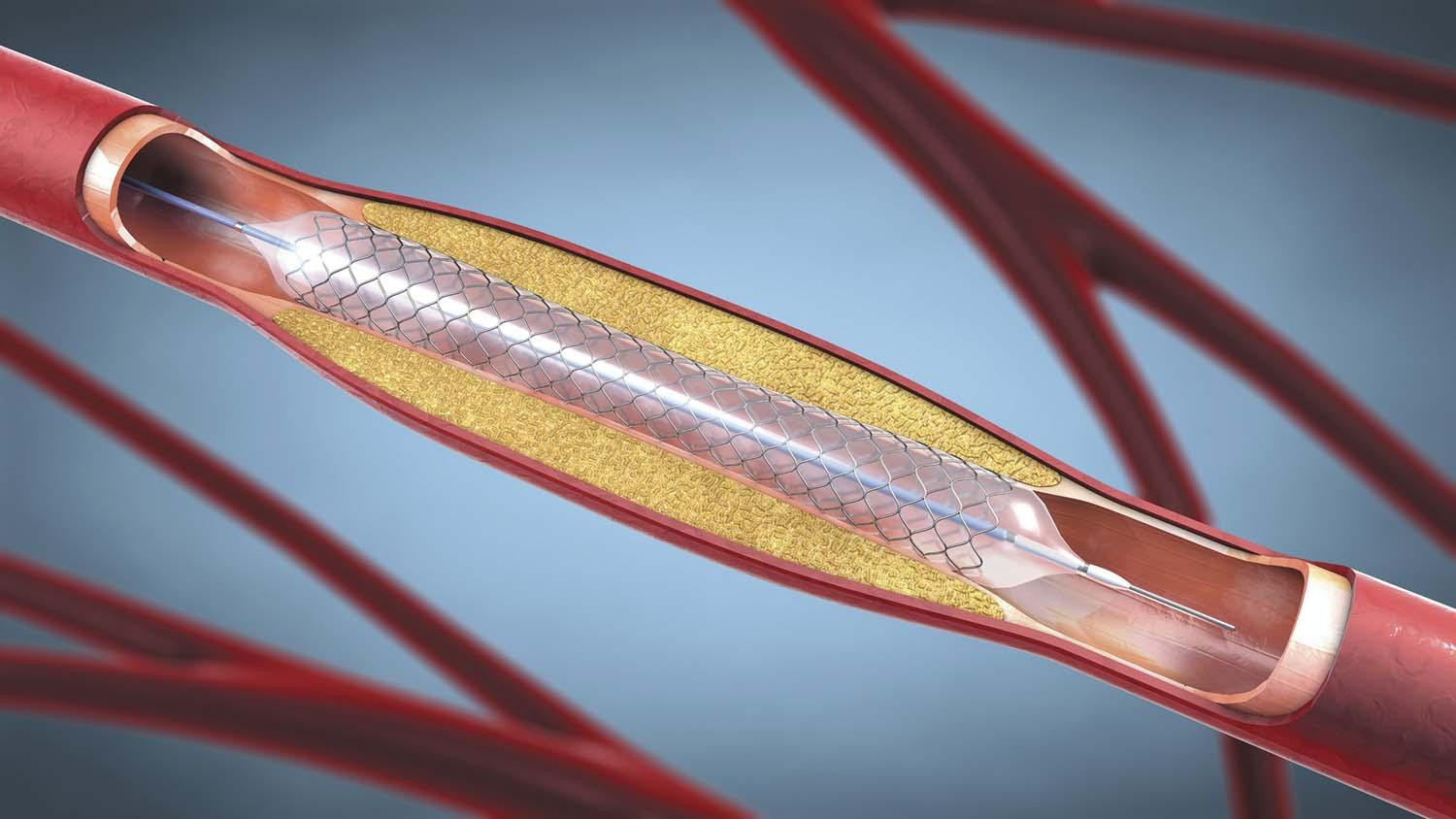
New thinking about plaque in arteries that feed the brain

Want to prevent shifting teeth? Maybe you need retainers

New evidence that polyphenol-rich foods help the heart

What you need to know about the new dietary guidelines

Food that’s healthier for people and planet can be cheaper, too

What are somatic workouts?

How to curb your stress eating

8 simple ways to reduce ultra-processed foods in your diet

How to spot Parkinson’s disease symptoms

Heart failure symptoms in women: How they’re different
Surgery Archive
Articles
Partial knee replacement as effective as total replacement for select patients
A 2025 study found that for people with advanced knee osteoarthritis in which the damage is limited to one side of the joint, partial knee replacement is as effective as total knee replacement for pain relief and improved function and carries a similar need for additional surgeries within 10 years.
GLP-1 drugs versus bariatric surgery for treating obesity
Two proven therapies for treating obesity — GLP-1 drugs and bariatric surgery — can help people lose substantial amounts of weight. The approaches differ in their effectiveness, durability, side effects, cost, and insurance coverage.
Women face barriers to cardiac rehab despite proven benefits
A 2025 scientific statement from the American Heart Association indicated that women with cardiovascular disease are far less likely than men with the condition to take part in cardiac rehabilitation programs, despite the proven benefits.
Two bad knees? What to know about bilateral knee replacement
If total knee replacement is needed for both knees and symptoms in both are equally severe, bilateral knee replacement can be done, either in one surgery or in stages. Replacing both knees at once may be a good option for people under 75 with no major medical conditions and support at home.
What happens when a joint replacement fails?
Total knee and hip replacements are highly successful procedures that can relieve pain and restore mobility for people with severe arthritis. Occasionally, joint replacement fails, and revision surgery is needed. Reasons for revision include infection, implant loosening, dislocation, and fracture. Warning signs of a problem include persistent pain, swelling, or instability. Revision surgeries are more complex, require longer recovery, and carry higher risks than the original surgery. Experienced surgeons who perform these procedures frequently tend to have the most success.
How to return to fitness after total knee replacement
Complete recovery from total knee replacement surgery can take six to 12 months. Working with a physical therapist to regain strength and mobility, most people can return to normal daily function within three months. It’s important to remain active once physical therapy concludes. Lower-impact activities, such as walking, hiking, biking, swimming, golfing, strength training, and aerobic activities, are recommended. High-impact activities, such as running, may shorten the life span of the implant.
An emerging trend for cataract surgery
Same-day bilateral cataract surgery removes cataracts in both eyes in one surgical session, instead of two surgeries that are a few weeks apart. The approach has many benefits, such as convenience, but it has risks, too. Vision clarity might not be as good as it is when the procedures are done separately. Some doctors fear that vision loss (which is a low risk for any cataract surgery) could possibly occur in both eyes at the same time.
When do you really need an angioplasty and stenting?
Coronary artery disease, the most common form of heart disease, occurs when cholesterol-laden debris narrows the arteries that supply blood to the heart. It is treated with lifestyle changes and medications. However, sometimes people also need a procedure called angioplasty to open a blocked or narrowed artery to improve blood flow to the heart, along with insertion of a stent to hold it open. Most people need this if they experience a heart attack or unstable angina, when chest discomfort occurs repeatedly and unexpectedly, often at rest.

New thinking about plaque in arteries that feed the brain

Want to prevent shifting teeth? Maybe you need retainers

New evidence that polyphenol-rich foods help the heart

What you need to know about the new dietary guidelines

Food that’s healthier for people and planet can be cheaper, too

What are somatic workouts?

How to curb your stress eating

8 simple ways to reduce ultra-processed foods in your diet

How to spot Parkinson’s disease symptoms

Heart failure symptoms in women: How they’re different
Free Healthbeat Signup
Get the latest in health news delivered to your inbox!
Sign Up
